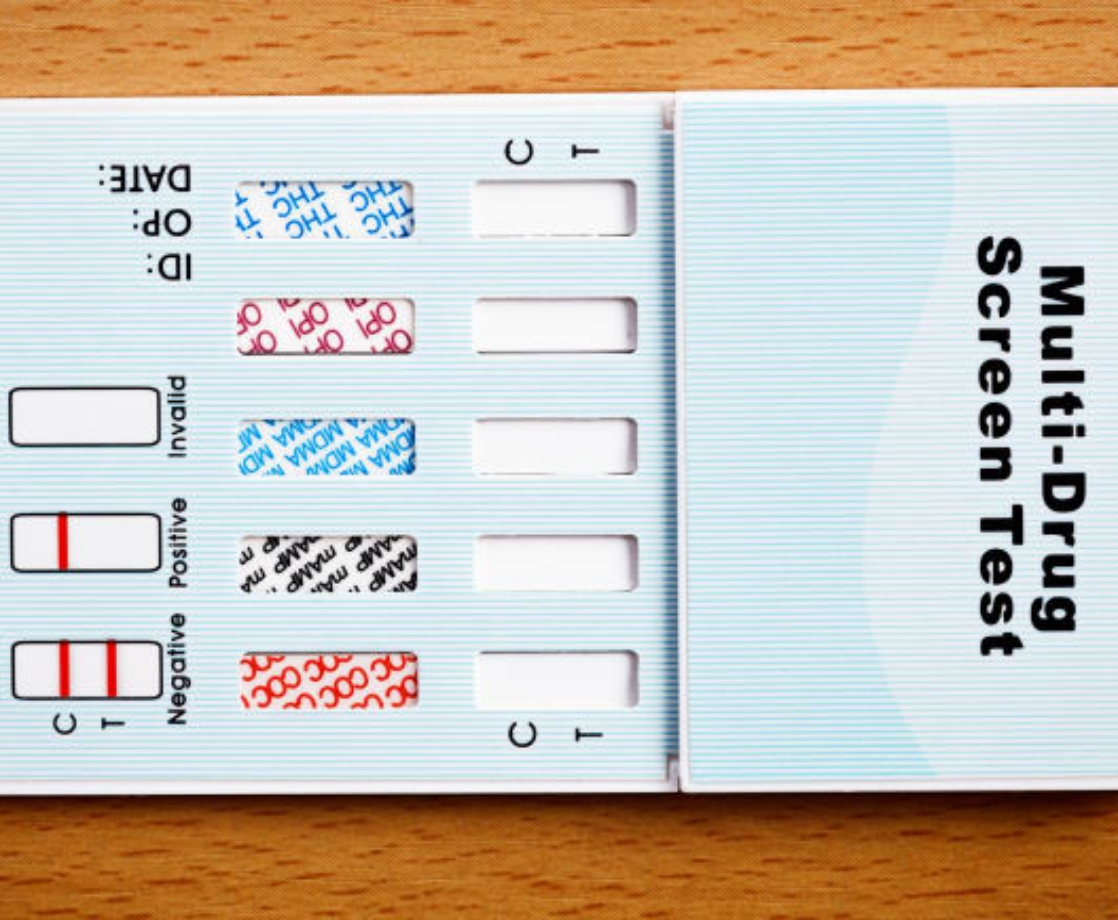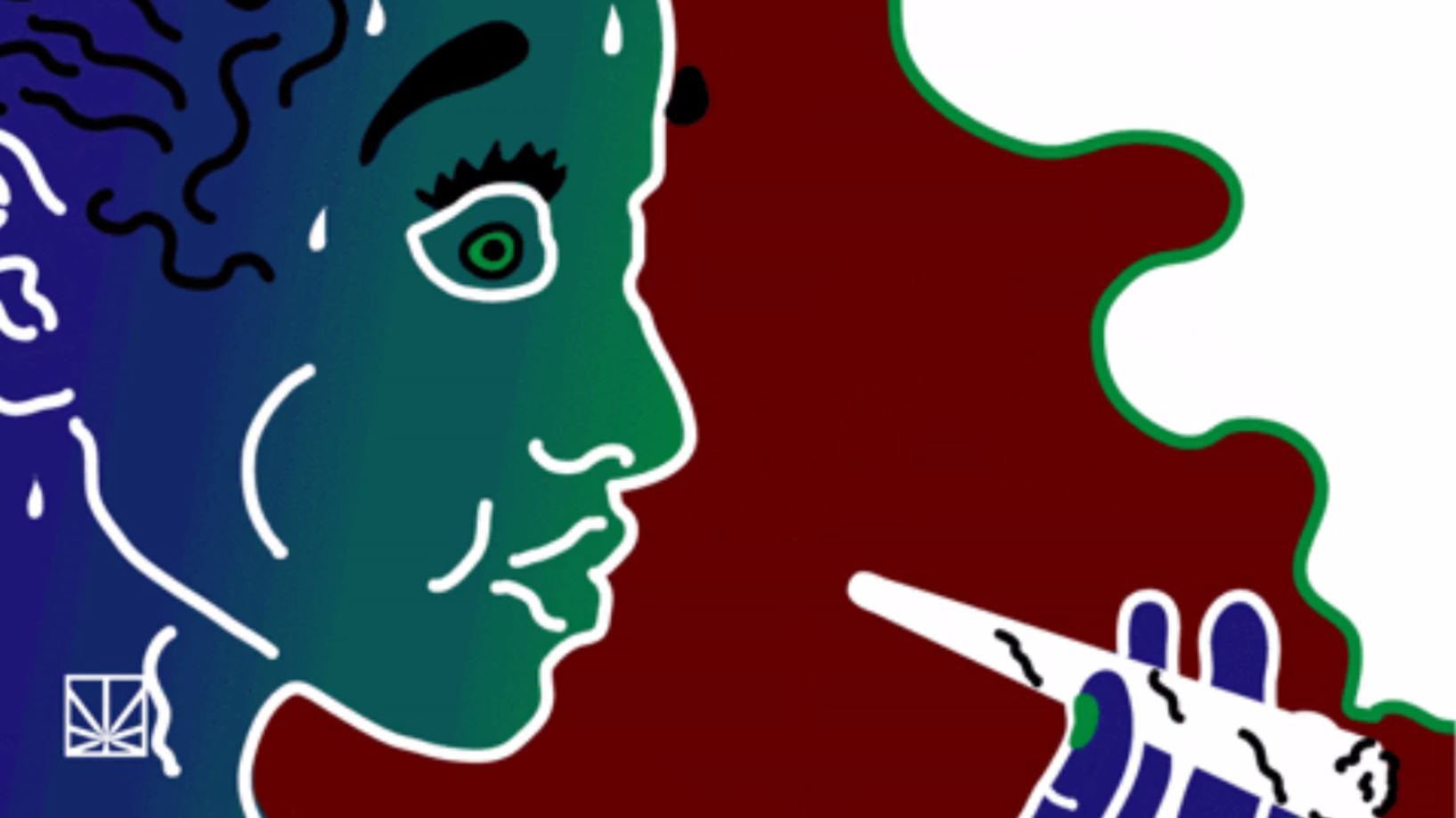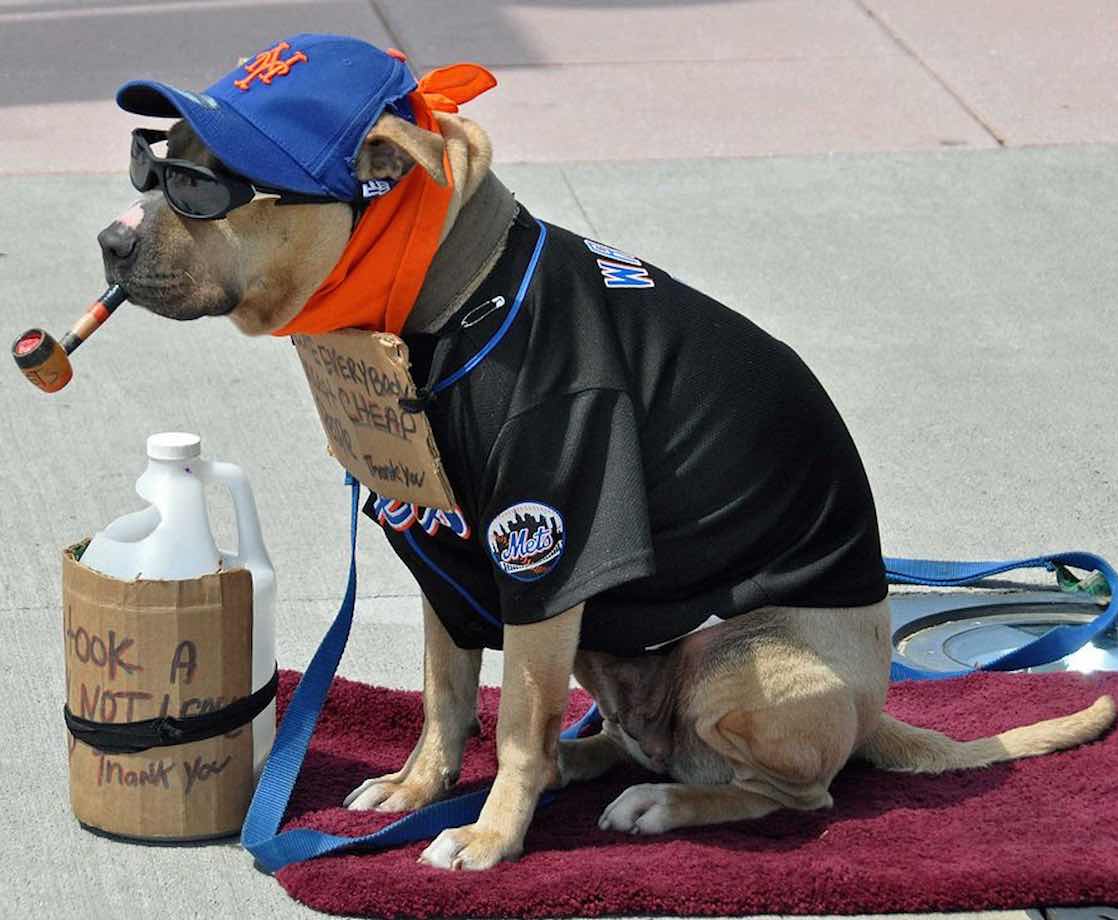A Texas school district is taking extreme measures to ensure its students are staying sober. The Bushland Independent School District recently announced that students in grades 7 to 12 must pass a drug test before being allowed to participate in any extracurricular activity or receive a school parking pass. This district serves around 1,400 students enrolled at Bushland Elementary School, Bushland Middle School, and Bushland High School.
The policy will go into effect when classes begin next month. Any student who wishes to participate in any extracurricular activity — from baseball to band to theater to chess — must sign a consent form and submit to a drug test. In addition to the initial test, the school district will impose an additional 10 random drug tests over the course of the school year.
These tests, which could take the form of a saliva or urine test, will detect the presence of “alcohol; marijuana; cocaine; amphetamines; methamphetamine; heroine [sic]; and opiates.” Students who fail the tests will not be punished academically, but will be suspended from participating in extracurricular activities or from parking at the school for between 30 and 365 days, depending on the number of times a student has failed a drug test.
The school district explained that “drug-testing results will be confidential and will be disclosed only to the student, the student’s parents, and designated District officials who need the information to administer the drug-testing program. Drug-testing results will not be maintained with a student’s academic record. Results will not be otherwise disclosed except as required by law.”
The severity of this testing might lead one to assume that the school district is attempting to cope with a serious drug abuse problem, but Bushland ISD Superintendent Chris Wigington said that his district is not seeing an unusual amount of drug use. “We’ve discussed drug testing policy for about a year now and the board wants to be proactive,” Wigington told CNN affiliate KVII. “They want our kids to have a drug free environment, we want our kids to make great decisions.”
“If they’re interested in athletics, if they’re interested in drama, if they’re interested in band — any of the things that we offer extracurricular, it gives them an opportunity to say NO to peer pressure and say ‘I’m not going to do that because I want to participate,” the superintendent continued. “These are extracurricular activities, they’re privileges not rights. We don’t want to hurt a student academically, we don’t want to suspend them from school for testing positive for a drug.”
The announcement of the new policy has drawn a mixed range of commentary on social media. Some commenters said that they loved the new policy, while others questioned whether the teachers who were supervising these extracurricular activities were also required to pass drug tests or background checks.
Given the surge of legalization and the fact that Texas remains a prohibitionist state, it should be pointed out that weed is one of the few substances that stays in the body for about a month. Opiates, amphetamines, cocaine, and a number of prescription drugs are only detectible up to a few days (max!) after use. We can’t help but raise an eyebrow over these drug testing mandates. But what else is to be expected from Texas?











